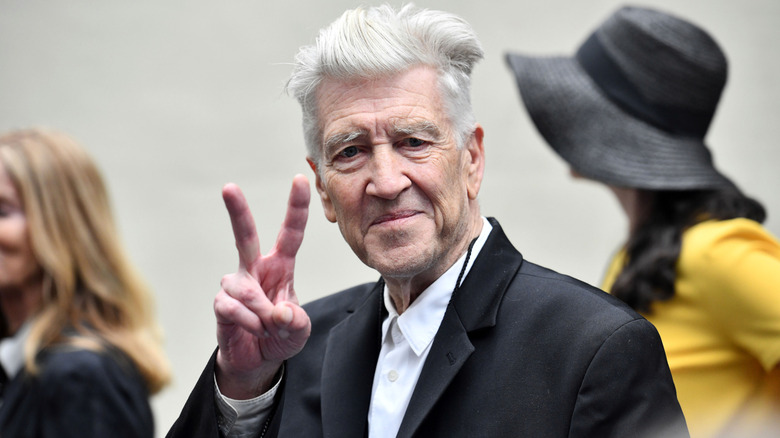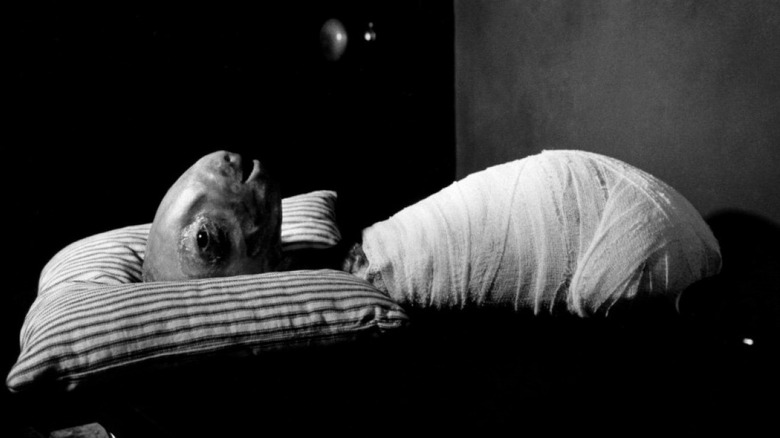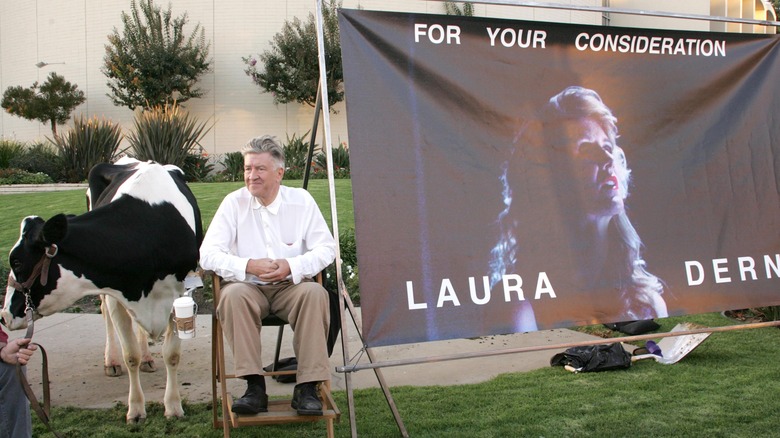Twin Peaks and Blue Velvet legend David Lynch dies at 78
David Lynch, one of the most beloved and influential directors in the history of American cinema, has died at the age of 78. The news was confirmed on Lynch’s official Facebook page with the following statement:
“It is with deep regret that we, his family, announce the passing of this man and artist, David Lynch. We would appreciate some privacy during this time. There is a big hole in the world now that he is no longer with us. But, as he said: “Watch the donut, not the hole.” A beautiful day with golden sun and blue skies all the way.’
Lynch is known for films such as Eraserhead (his directorial debut), Blue Velvet and Mulholland Drive, but perhaps his most famous work is the surreal, atmospheric murder mystery series Twin Peaks , which ran for two seasons in the early ’90s, received a prequel story in the feature film Twin Peaks: Fire Walk With Me’ and most recently revived for a final 18-episode run in Twin Peaks: The Return.
In addition to his work in film and television, Lynch’s work also extended to the visual arts and music. He was a particular favorite among moviegoers for his tongue-in-cheek humor and warm personality.
David Lynch captured dreams (and nightmares) on film
David Lynch mastered the “logic of dreams” like few other directors. Although his works are surreal and strange, they seem cohesive rather than random, with strong ideas at their core. His first masterpiece, “The Eraser Head”, tells the story of a man whose girlfriend gives birth to an inhuman creature that grows increasingly sickly despite his best efforts to care for her. The film is often interpreted as an allegory of anxiety about fatherhood, especially given that it was made after Lynch became a father for the first time in his 20s. For his part, Lynch is happy to let people make of it what they will – as evidenced by this famous exchange with 2007 interview with Jason Barlow for BAFTA:
DL: Believe it or not, The Rubber Band is my most spiritual film.
JB: Tell us more about it.
DL: No, I won’t. (Laughter)
In Christine McKenna’s biography of Lynch, Room to Dream , based on interviews with Lynch and his friends and collaborators, the director did share some insight into his dream for the film. “An important part of the Blue Velvet script came to me in a dream,” he recalled. But he couldn’t remember the dream for some time after waking up, and ended up noting the two things he remembered — “a police radio and a gun” — as he sat in the secretary’s room at Universal Studios waiting to be called into a meeting.
“I always say I don’t use nightmares because I like to dream,” Lynch said. “But I love the logic of dreams. Anything can happen and it makes sense.”
Lynch believed most of all in creative control
While some creators’ behind-the-scenes behavior causes their fans to try to separate the art from the artist, David Lynch’s extracurricular antics have only added to the enjoyment of his commercial work. The end of his Facebook eulogy is a nod to one of the ways he’s embraced the YouTube age: with sporadic weather summaries often derailed by non-weather musings. Challenging the traditional format of meteorology, Lynch told his audience: “Whatever the weather, I wish you all blue skies and golden sunshine all the way.”
The director was both in front of the camera and behind it. In Twin Peaks, Lynch had a recurring role as Gordon Cole, protagonist Dale Cooper’s boss at the FBI. Meanwhile, his last appearance on the screen was the role of the legendary Hollywood director John Ford in Steven Spielberg’s semi-autobiographical film The Fablemen. He was encouraged to make a cameo by his friend and regular collaborator Laura Dern. (“She thought it would be very nice, and it turned out to be very nice,” Lynch once explained.)
His professional relationship with Dern also led to one of Lynch’s most creative publicity stunts. Instead of the traditional (and expensive) awards season campaign, For Your Attention, he promoted Dern’s performance in his film Inland Empire by going on a promotional tour with a banner and a cow. When asked about the relevance of the cow (who was named Georgia), Lynch explained, “There would be no Inland Empire without cheese.” He further clarified: “Cheese is made from milk.”
Widely regarded as one of Hollywood’s truest auteur directors, Lynch has largely stuck to making lower-budget independent films — especially since his painful experience with 1984’s Dune , where his contract did not include the rights to the final version. He identified this film as the failure from which he learned the most in an interview NPRsaying there was “no way” he would ever make the film without including the final cut privilege in his contract. Because…
“Why would someone spend three years working on something that isn’t yours?”











